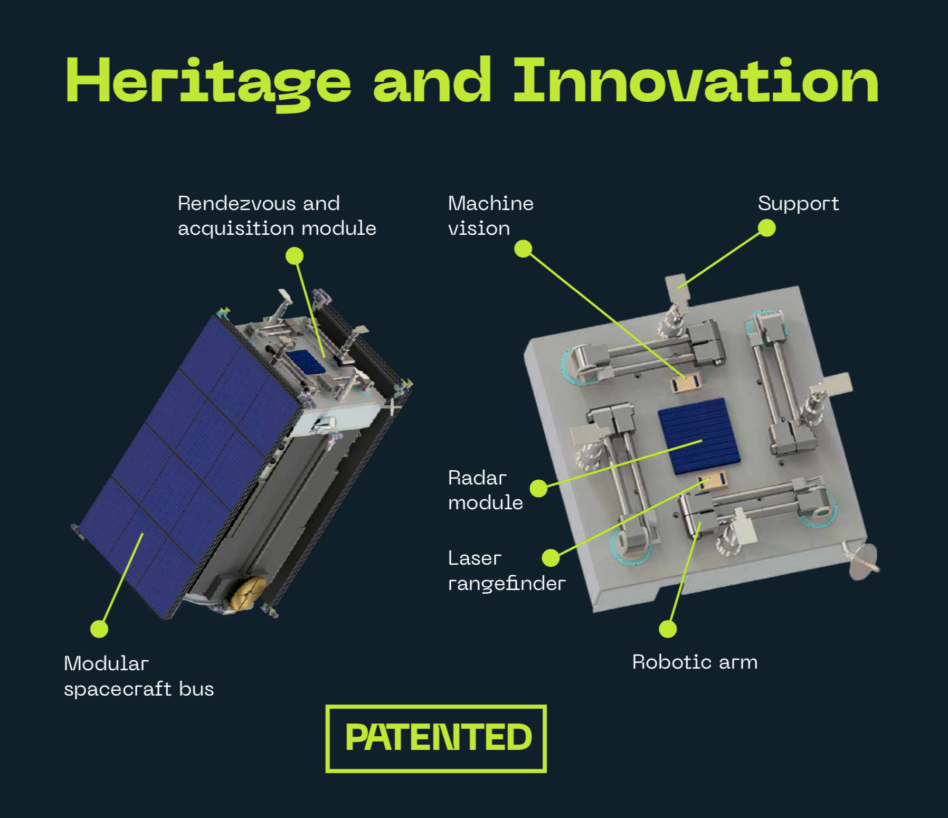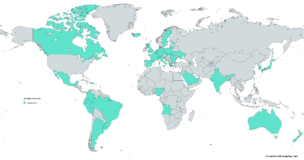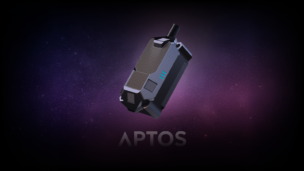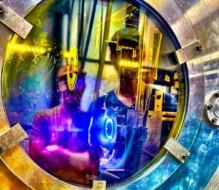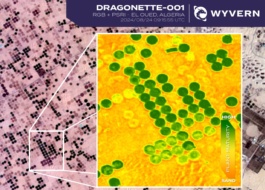Ukrainian start-up Kurs Orbital has raised €3.7M($4M) to build and fly a prototype docking port for in-space servicing and debris removal missions.
How we got here: The company is a spin off from the Soviet-era Kiev Radio Factory, which used to build the autonomous Kurs docking system for Russia’s Soyuz and Progress spacecraft.
The collaboration with Russia ended after the annexation of Crimea in 2014, prompting engineers in Kiev to begin looking at opportunities to build a new range of products for western customers based on the Kurs legacy.
Funding details: The new funding comes from OTB Ventures, a leading European deep tech venture capital fund; Italian space-fund Galaxia; and In-Q-Tel, a US venture capital firm affiliated with the intelligence community.
Kurs Orbital will use the money to build a prototype and flight model of their docking port that will be ready to fly by the end of 2025, cofounder and CEO Volodymyr Usov told Payload.
“Our rendezvous and docking module is a standalone product that can be integrated with different types of spacecraft buses,” he said. “It uses a combination of different sensors including radar and laser range-finding that allows fully autonomous operations.”
Kurs Orbital 101: The company partially relocated to Turin, Italy, after Russia invaded Ukraine, though it maintains an R&D center in Kiev. The company, which was established in 2021, is part of the European Space Agency’s Business Incubation Center based in the
north-Italian city.
Kurs Orbital is a member of the DARPA-led Consortium for Execution of Rendezvous and Servicing Operations (CONFERS) and collaborates with several companies working on novel in-space capabilities, including Switzerland-based ClearSpace and US-based Orbit Fab.
“Our architecture is standardized so it can be almost mass produced rather than having to be custom-made for every single mission,” Usov said. “It can be scaled down for smaller satellites of about 100 kg or scaled up and fitted with more powerful radar systems for larger satellites in geostationary orbit.”
What’s next: Usov said he hasn’t yet decided what satellite will host the company’s demo mission. The firm, however, doesn’t expect to seek more funding until after that test flight.
